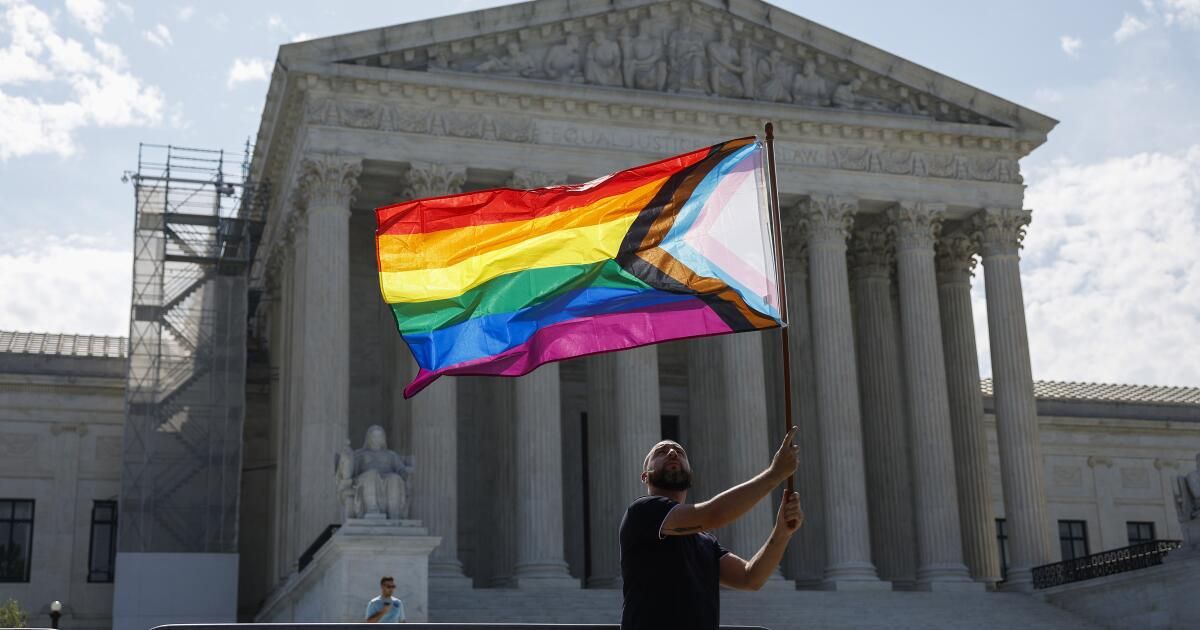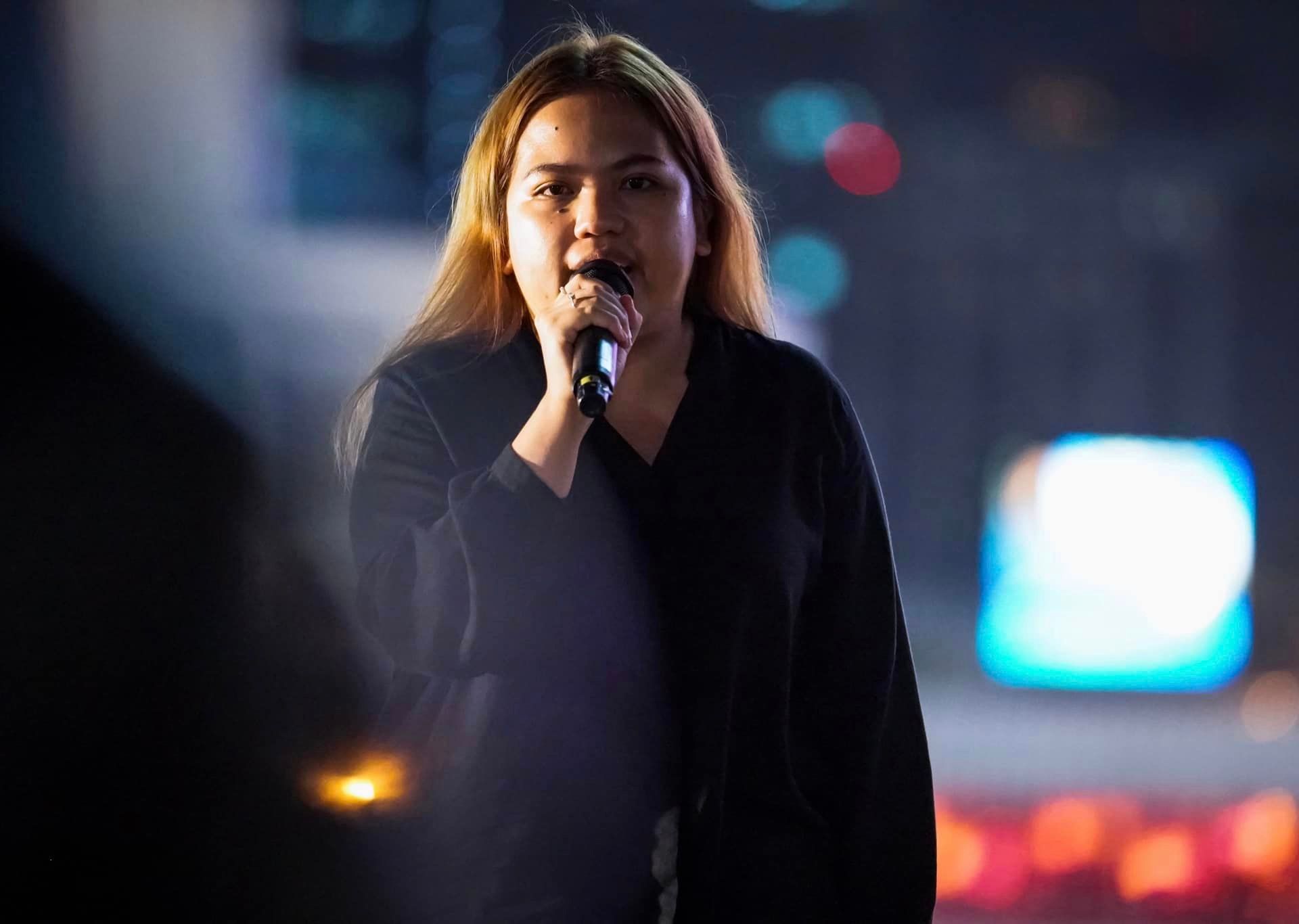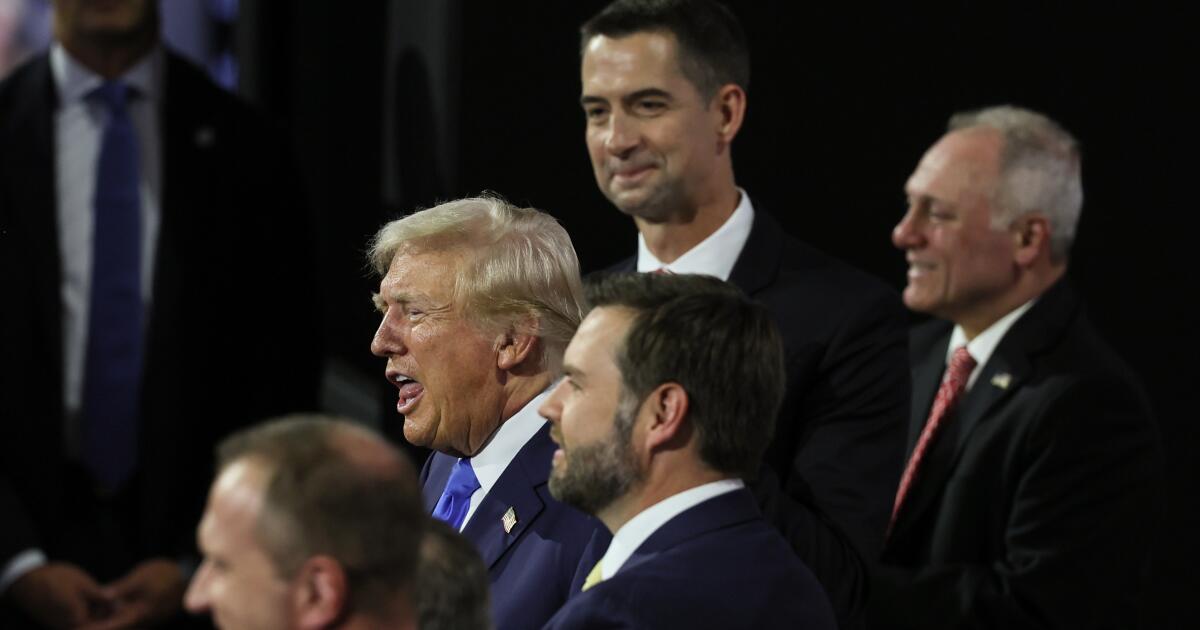Two years have passed since the U.S. Supreme Court's ruling in the Dobbs case that struck down the federal right to abortion, and Justice Clarence Thomas' troubling concurring opinion in which he expressed his desire to “revisit” other historical precedents, including the freedom to marry for same-sex couples, codified nationally by the Obergefell Supreme Court decision, nine years ago Wednesday
Since that ruling, the LGBTQ+ community and its allies have done much to protect the fundamental freedom to marry: passing the Respect for Marriage Act in Congress in 2022; sharing their stories this year to commemorate the 20th anniversary of the first state legalization of same-sex marriage in Massachusetts; and in California, Hawaii and Colorado, the launch of electoral campaigns to repeal latent but still valid anti-marriage constitutional amendments.
This winter, I worked with a team from the Williams Institute at UCLA School of Law to survey nearly 500 married LGBTQ+ people about their relationships. Respondents included couples from every state in the country; on average they had been together for more than 16 years and married for more than nine years. Sixty-two percent married after the Obergefell marriage court decision in 2015, although their relationships began before that. More than 30% of couples had children and another 25% wanted to have children in the future.
One finding that stood out from the data: Nearly 80% of same-sex married couples surveyed said they were “very” or “somewhat” concerned about the Obergefell decision being overturned. About a quarter of them said they had taken steps to strengthen their family's legal protections (seeking second-parent adoption, having children earlier than originally planned, or getting married earlier than expected) because of concerns about equality in marriage. challenged. One respondent said, “We got engaged the day the Supreme Court ruled on the Dobbs decision and got married a week later.”
Examining the survey results, it became clearer than ever why LGBTQ+ families and same-sex couples are fighting so hard to protect access to marriage, and the answer is actually quite simple: the freedom to marry has been transformative. for them. Not only has it given them hundreds of additional rights and responsibilities, but it has also strengthened their bonds in very real ways.
Almost all respondents (93%) said they married for love; three-quarters added that they married for companionship or legal protection. When asked how marriage changed their lives, 83% reported positive changes in their sense of security and safety, and 75% reported positive changes in terms of life satisfaction. “I feel secure in our relationship in a way I never thought was possible,” one participant told us. “I love being married.”
I have been studying LGBTQ+ people and families my entire career, and yet I was moved and inspired by many of the survey findings.
Individual respondents spoke about the ways in which marriage expanded their personal family networks, giving them (for better or worse!) an additional set of parents, siblings, and loved ones. More than 40% relied on their families of origin in times of financial or health crisis, or to help with childcare. Some spoke of in-laws who gave them financial help to buy a house or cared for them while they received chemotherapy for cancer.
And then there was the effect on the children. Many respondents explained that their marriage has provided security for their children and dignity and respect for the family unit. Marriage allowed parents to share the responsibilities of raising children: taking turns being the primary earner (and having health insurance) and spending more time at home with the children.
The big takeaway from this study is that same-sex couples have a lot at stake when it comes to the freedom to marry, and they will do everything they can to ensure that future political changes don't interfere with their lives. As couples across the country continue to speak out, share their stories (and in California, go to the polls in November to protect their hard-won freedoms), it's clear to me that it's because they believe wholeheartedly, and rightly so, that Their lives depend on it.
Abbie E. Goldberg is a scholar affiliated with the Williams Institute at UCLA School of Law and a professor of psychology at Clark University, where she directs women's and gender studies.












